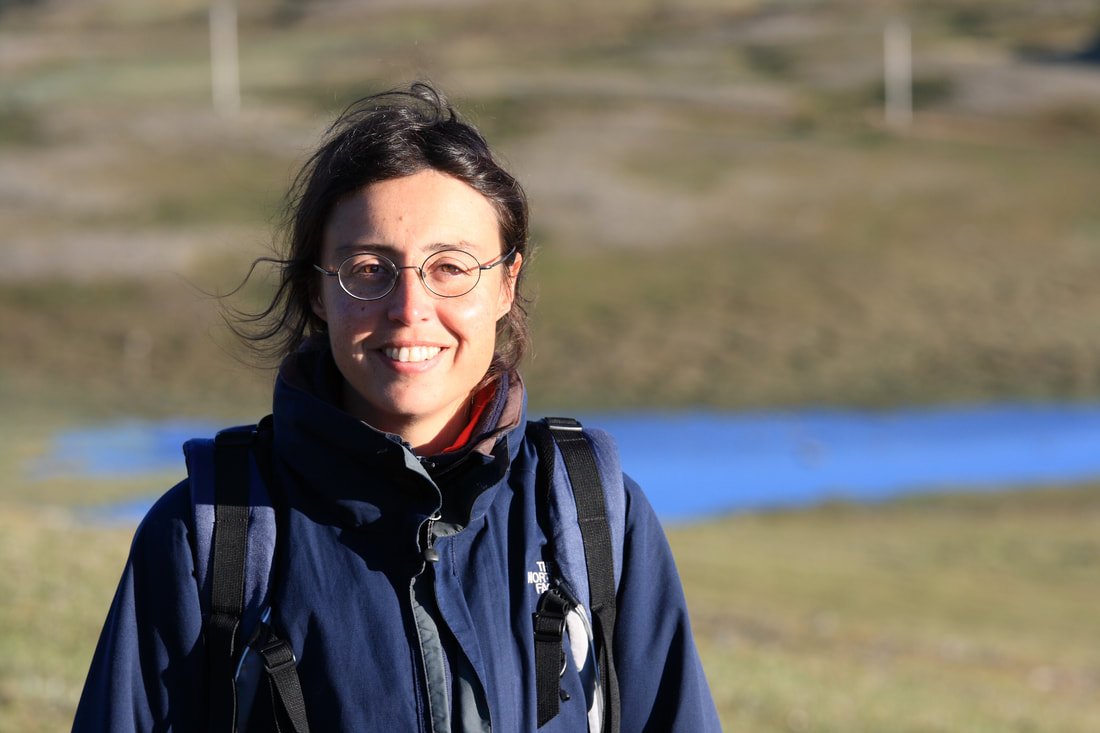at the Swedish University of Agricultural Sciences.
Ecohydrology to me is the study of the interactions between the hydrologic cycle and life - vegetation in my research - and how such interactions are altered by and are affecting human societies.
What are your undergraduate and graduate degrees in?
I hold a Master (a 5-year ‘Laurea’) in environmental engineering from Polytechnic of Turin and a PhD in civil and environmental engineering from Duke University.
How did you arrive at working in/thinking about ecohydrology?
As an engineer and hydrologist, life was not a big part of the picture during my bachelor and masters degrees. But as a person enjoying to be out in nature, life - and plants in particular - were key. That led me naturally to being curious about the interactions between plants and hydrology.
I met ecohydrology almost by chance during my master thesis, thanks to Amilcare Porporato. I soon discovered there were many bidirectional interactions between vegetation and hydrology, and that they were shaped by the variability and unpredictability of rainfall. I was soon fascinated by the use of mathematics to explore the interactions between water and plants, using dynamical systems and stochastic processes to capture the linkages between hydrology and plant ecophysiology and, more in general, physics and biology. And I never looked back! Over the years I have transitioned from natural ecosystems to managed ecosystems, where the human dimension plays a crucial role.
What do you see as an important emerging area of ecohydrology?
There are many exciting areas in ecohydrology. Personally I think ecohydrology is moving more and more towards studying plant-water interactions in managed ecosystems and how these interactions are shaped and shape societies and their decisions. These dimensions have clear practical implications, when we are faced with more extreme climatic conditions and the need to support an ever increasing population, with limited resources in terms of water but also land. These dimensions are also fascinating as they hinge on decision making under uncertainty, an aspect that is seldom explored in strictly STEM curricula.
Do you have a favorite ecohydrology paper? Describe/explain.
Many papers in ecohydrology inspired and continue to inspire me. But the paper that got me started in ecohydrology, when I was still a master student, is Laio et al 2001 “Plants in water-controlled ecosystems: active role in hydrologic processes and response to water stress: II. Probabilistic soil moisture dynamics” - part of a four-paper series that appeared in Advances in Water Resources. There, plant-water interactions are conceptualized via a stochastic differential equation, simple enough to be elegantly solved analytically.
What do you do for fun (apart from ecohydrology)?
I like to be active outdoors. Hiking up and down the mountains in a sunny day is the best. But it is also pleasant to bike in the countryside, swim in the lakes and sea, run and go skiing.

 RSS Feed
RSS Feed